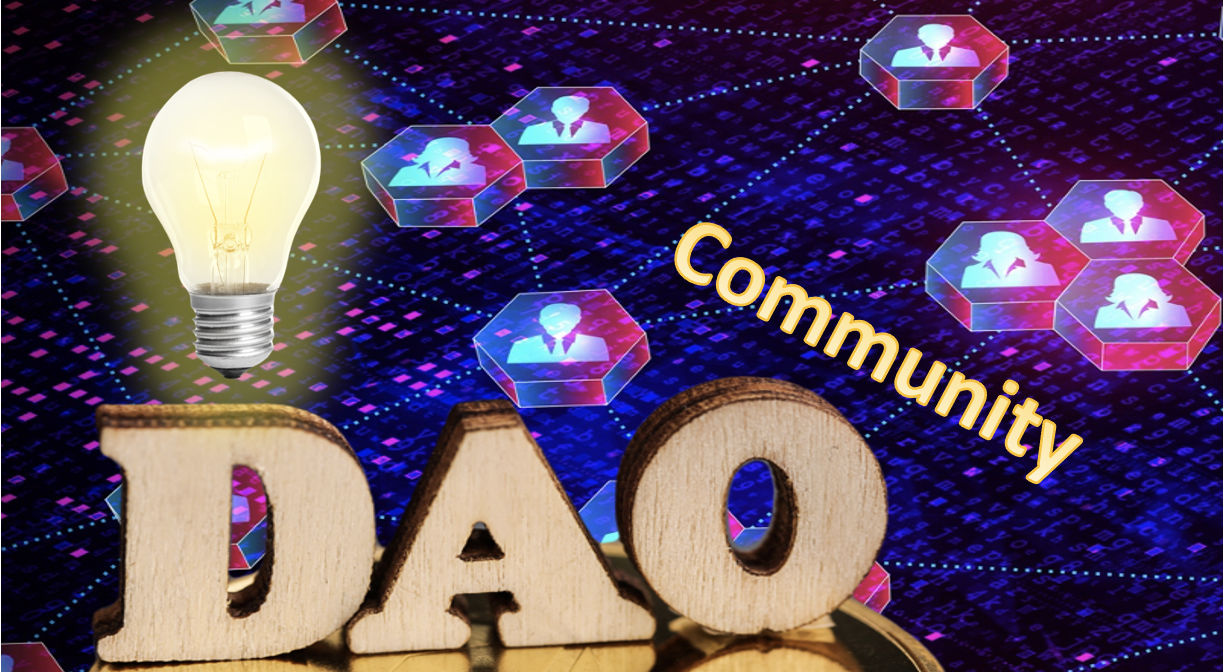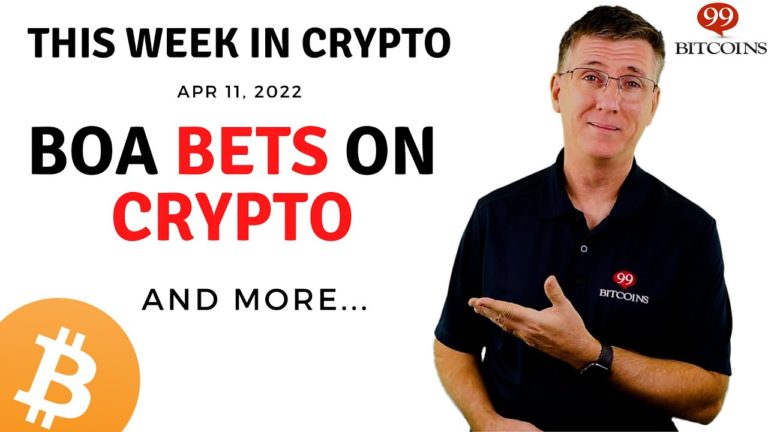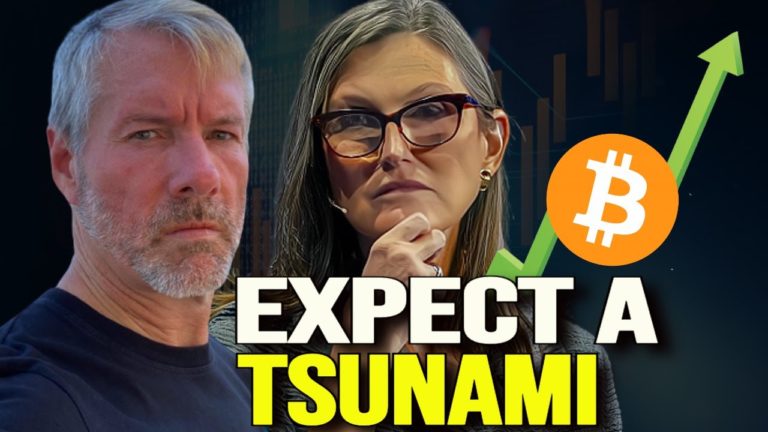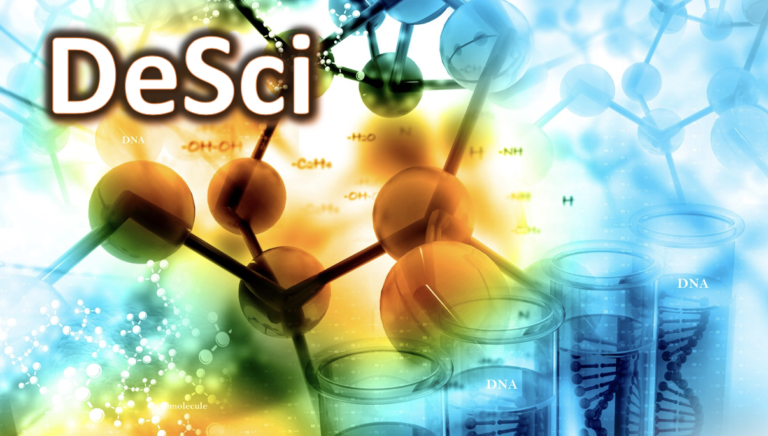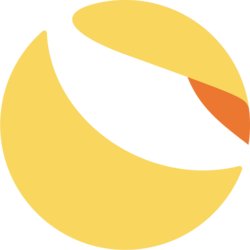Well, it’s not a company, corporation, or an LLC. In fact, it’s not like any kind of business structure we’re accustomed to. As most organizations have vertical, top-down structures: CEOs, executive staff, then managers, and finally a slew of employees underneath…. DAOs, or Decentralized Autonomous Organizations, organize their power horizontally; decision-making is therefore, theoretically anyway, distributed to all the organization’s participants equally.
DAOs are made possible through decentralized blockchains and smart contracts running on such blockchains. The rules of each particular DAO are contained within these smart contracts.
Within DAOs, communities can come together with a common purpose, and bring that purpose to fruition without the need of a central figurehead making demands. In effect, the smart contract is the authority.
In a DAO, smart contracts are designed to lay the groundwork for what is agreed upon by the community. The rules by which the community wishes to be governed by is translated into code. In this respect, the community remains beholden to the boundaries that it set for itself. Under this kind of governance, actions can only take place by way of the community’s will. Of course, the community could vote on changes to the smart contract’s rules (the code or protocols), but those changes would have to be agreed upon first.
Thus, the DAO rules that are embedded in smart contracts can replace the need for a central authority. This is the horizontal distribution of power.
If the blockchain isn’t decentralized, neither is the DAO that it’s running upon.
Not all blockchains were created equal, and some are more centralized than others. Therefore, a DAO can only be as decentralized as the blockchain that it is running upon. Currently, most DAOs are being created on the Ethereum network, which is questionably decentralized (as 61% of Ethereum nodes are currently running on centralized clouds—primarily Amazon Web Services).
But let’s couch this foible for arguments sake and explore why DAOs will one day be integral to Web 3.0 and a decentralized internet.
The DAOs Dark Beginning
The first DAO was created on the Ethereum network, unimaginatively called—The DAO (Don’t let this first DAO mislead you though, there are currently many different DAOs, all of them unassociated with this original).
 The DAO was hacked for $70 million worth of Ether after raising $150 million in June of 2016. The funds were raised by way of a smart contract enabling Ether holders to exchange their coins for DAO tokens. Essentially, the DAO was designed to be a decentralized investment organization where the decision making was to be distributed to every DAO token holder.
The DAO was hacked for $70 million worth of Ether after raising $150 million in June of 2016. The funds were raised by way of a smart contract enabling Ether holders to exchange their coins for DAO tokens. Essentially, the DAO was designed to be a decentralized investment organization where the decision making was to be distributed to every DAO token holder.
(Your DAO token would represent your vote when it came to the allocation of the funds that were raised).
Three weeks into the token sale, disastrously, a hacker found a vulnerability in the smart contract’s code and thus was able to extract the $70 million worth of Ether. In response, Ethereum developers were faced with a decision—they could either fork the chain and recover most of the funds stolen by the hacker, or they could let the events stand as they were. Either way the decision would greatly divide Ethereum the community.
Ethereum chose to fork chain and recover the funds thereby splitting the chain into Ethereum and Ethereum classic. This to the chagrin of many in the blockchain space, which even today remains a point of contention among those exposed to the DAO hack.
Mistakes are the portals of discovery—James Joyce
Decentralized Power Structures
As the above example indicated, the theory of decentralized power structures doesn’t always fit with reality. In Ethereum’s nascent stages, loopholes in the smart contract led to the great exploit draining the DAO of its funds.
Could this happen again?
Yes, it certainly can. Smart contracts are the backbone of web 3.0 applications, from everything ranging from DeFi to NFTs to DAOs. And if they are not written property, they can be exploited.
Fortunately, there are solutions to help prevent outcomes like the above. Companies, such as Certik, provide auditing services to ensure there are no loopholes within a smart contract. But even so, the frenzy and hype surrounding new tokens and NFT sales often blind enthusiasts from doing their due diligence. And many still suffer from nefarious actors taking advantage of poorly written smart contracts. If you buying into a new token release, be and NFT or a DeFi… always verify that the contract has been reviewed by a reputable source.
These dangers do not mean that DAOs don’t hold merit right now and for the future.
Automated decision making through DAOs can empower individuals in ways that were never known possible. Rather than complacently holding shares in a company, DAOs by design foster community engagement and the pursuit of common goals and passions.
As discussed, traditional organizations are linear, or hierarchical in decision-making structures; DAOs aim for a democratic, horizontal structure of decision-making. And this makes all the difference, allowing people to unite around a common cause and partake in its execution. Let’s get right into an example.
Decentraland DAO
As the promise for a decentralized metaverse comes into fruition, the Decentraland DAO intends to usher in a new digital world.
Everything in Decentraland is 100% digital and is controlled by its community through the Decentraland DAO: the land, the avatars, the clothing, accessories, the weapons for games, houses, cars, animals—everything. Token holders engage with Decentraland’s governance interface and vote on policies, future digital land auctions, and the whitelisting of NFT contracts.
Compare this to a company like Meta (formerly Facebook), where they aim to own the hardware (Oculus Rift) to access their centralized metaverse. And for people to experience their Meta’s worlds, they likely have no choice but to engage with digital landscapes owned by Meta (not by The People). In that centralized Metaverse, all of the decision making for the future direction will be made by Meta’s employees, not the community engaging with the platform.
What’s a DAO? It’s a means to take back internet sovereignty from Big Tech.
NFT and DAOs: Entrenched Communities
Pairing NFTs and DAOs together can unlock massive engagement. People typically buy NFTs that resonate with a passion or interest. Successful NFT projects have more to do with the surrounding community, and the roadmap going forward, than the NFT itself (As discussed in this NFT Communities video).
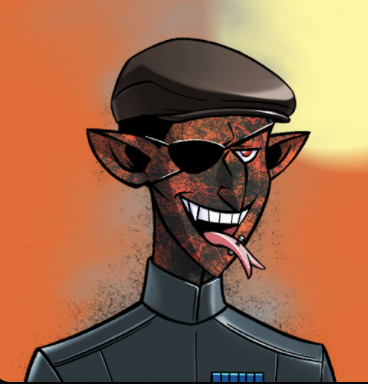
Currently, Discord is the primary social media application where NFT holders gather to talk about their favorite project. Each project typically has its own Discord social media channel set up. Let’s take the Sneaky Vampire Syndicate, for example. They have established a DAO governance mechanism where NFT holders were able to vote on the artistic traits of an upcoming NFT drop.
The community is engaged because they loved the art, they can participate in community votes just by holding the NFT and are able to communicate their ideas for the future direction of the project in public form.
DAO shortfalls and promises
As indicated earlier, DAOs can only be as decentralized as the blockchain they run upon. If the blockchain’s protocol is unstable or controlled by a few rather than the many, that risk carries over to the DAO itself.
Also, it’s possible for power to be amassed by individuals by owning large portions of the voting tokens. If the DAO does not create a weighted vote, for example, whereby those who contribute to the community are awarded greater voting power, then a DAO could be theoretically usurped by someone wealthy enough to buy up a majority of the tokens.
This is certainly a factor to consider when buying into a project. Because if wealthy stakeholders hold all the power, then how is that different than a company where the majority shareholders control the vote?
But because smart contract protocols allow for creative ways for social interaction on a platform and contributions to be quantified, DAOs theoretically offer solutions where wealth does not preclude power. The basis of the is a meritocracy, or proof of merit. Blockchain governance that ensure its participants vote is weighted by contribution, not wealth, means that voting power is driven by development, creativity and work.
Proof of Merit
The entire proof-of-stake model is in opposition to a proof-of-merit model. If the largest stakeholders and token holders can buy the most voting power, then it is their interests represented, i.e., the interests of the wealthy. But if voting is paired with contribution, people will be willing to put blood, sweat and tears into creative development… this is the basis of a new kind of economics. It’s the foundation of the creative economy.
This new form of governance enables the people that provide real value to power. It’s a grass roots, organic way to grow an organization.
Qortal is already laying the foundation for such governance. QORT, the native coin of the Qortal network, is minted by community members who provide computational power to the network. These individuals running nodes are able to level up and collect a greater reward share based on the blocks they mint (the reward share is divided up based on their level). Thus, the leveling system has already provided the framework for proof-of-merit system, which lays the foundation for a community voting based on contribution (not wealth). Conceivably, as the platform develops, other forms of proof-of-merit, too, will allow users to level up even faster… such as contributing storage for data, or even measurable social interactions of the network.
There are many possibilities as to how this may be structured, but it’s a revolutionary approach to governance that rewards effort, and distinguishes Qortal from other Web 3.0 projects that are reliant on a wealth based system of governance.
The Future of DAOs
Likely, DAOs will emerge in such a way that there will be delegates to handle matters of expertise (such as decisions when it comes to actual coding). Your everyday DAO member may only participate in things they directly care about, such as a charity they wish the project to donate funds to, or the roadmap for the project. Every will have their own set of interest and commit more time an energy into the interests.
With a delegated system, could such a governance structure even be called a DAO?
Debatable. It would depend on if all changes to the code flow through an in-network voting system. But even a Decentralized Semi-Autonomous Organization (DSAO) is decentralized, and may be the best way for blockchain governance to move forward. For many, the word DAO is ridden with anguish, as it’s associated with the DAO hack (and a system where those with token wealth govern the network).
Humans are fallible, but much smarter than any smart contract. But that’s exactly what gives DAOs or DSOSs their appeal. Running on smart contracts or governance code, they do not act selfishly, manipulatively or take advantage of their position; they simply execute on what they were programmed to do by the community. They can help avert corruption, rogue decision making, and other abuses of power.
We are, however, still very early in this technology. And finding the right balance of power within DAOs must be worked out in the coming years.
